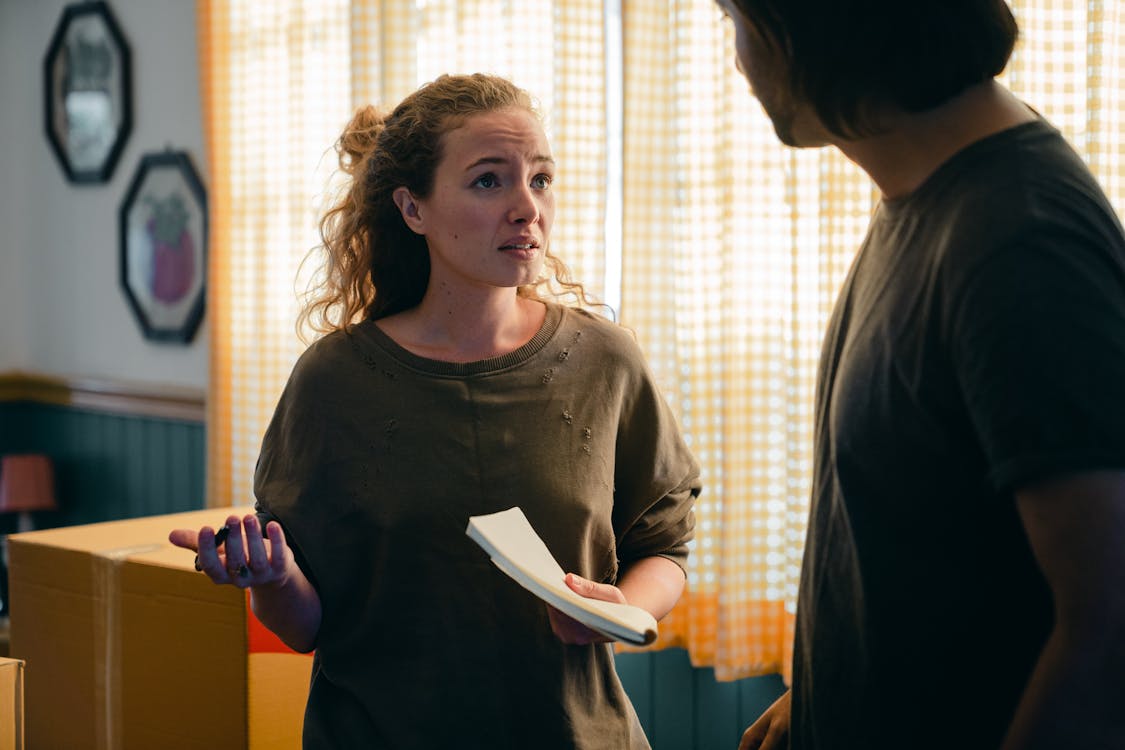Breakdown Closing Costs in Charlotte: 2025 Guide for Homebuyers
Introduction
Buying a home in Charlotte, North Carolina, in 2025 is exciting, but it comes with important financial considerations. One of the biggest factors buyers often overlook is closing costs, the collection of fees and expenses due at the end of a real estate transaction. These costs typically range from 2% to 3.5% of the home’s purchase price in Charlotte, depending on the property, loan type, and service providers.

Understanding the breakdown of closing costs in Charlotte will help you budget more effectively, avoid surprises, and even find ways to save money.
What Are Closing Costs?
Closing costs include all the charges you must pay to finalize your home purchase. These fall into three main categories:
- Lender fees
- Third-party fees
- Prepaid items
Let’s break down each category as it applies to Charlotte homebuyers in 2025.
1. Lender Fees
When you secure a mortgage, lenders charge fees for processing and approving the loan. In Charlotte, these typically make up 0.5% to 1.5% of the loan amount.
Common lender fees include:
- Loan Origination Fee – Covers the lender’s administrative costs (usually 0.5%–1%).
- Credit Report Fee – Around $30–$50 to pull your credit.
- Flood Certification Fee – About $15–$25 to determine flood zone status.
- Tax Service Fee – Ensures property taxes are paid correctly.
2. Third-Party Fees
These are charges from outside professionals involved in the transaction. In Charlotte, expect:
- Title Insurance: $800–$1,500 depending on home price.
- Attorney Fees: $800–$1,200 (required in North Carolina closings).
- Appraisal Fee: $500–$700 (higher than 2023/24 due to rising demand).
- Home Inspection: $400–$600, with add-ons for radon, termite, or mold tests.
- Survey Fee: $350–$600 if required.
- Recording Fees: $25–$60 charged by Mecklenburg County.
3. Prepaid Items
Prepaid costs are expenses you’ll pay upfront to secure ongoing services:
- Property Taxes: You may owe a prorated amount at closing. In Charlotte, annual property taxes average 0.68% of assessed value.
- Homeowner’s Insurance: Typically $1,500–$2,200 annually in 2025, with 12 months due upfront.
- Escrow Deposits: Lenders often require 2–3 months of insurance and taxes to seed the account.
- Prepaid Interest: Covers interest from the closing date until the end.
Average Closing Costs in Charlotte (2025)
On average, closing costs in Charlotte now range from $6,500 to $12,500 for a home priced around $350,000–$450,000, depending on loan type and negotiation. This is slightly higher than in 2023/24, reflecting inflation, higher service costs, and increased home values in Mecklenburg County.
Strategies to Reduce Closing Costs
While unavoidable, you can manage or lower your closing costs with smart planning:
- Shop Around for Lenders & Service Providers: Fees can vary widely.
- Negotiate with the Seller: Seller-paid concessions are common, especially if the property has been on the market for a while.
- Ask About Lender Credits: Some lenders reduce upfront fees in exchange for a slightly higher interest rate.
- Review Your Loan Estimate Carefully: Always compare lender estimates before committing.
Closing Cost Assistance Programs in Charlotte (2025)
First-time and moderate-income buyers may qualify for assistance programs:
- NC Home Advantage Mortgage® – Offers up to $15,000 in down payment/closing cost aid.
- Community Heroes Program – Assistance for teachers, firefighters, and first responders.
- Local Charlotte Nonprofits – Some provide grants or matched savings for eligible buyers.
These programs can significantly reduce your upfront expenses.
Conclusion
Closing costs are a critical part of buying a home in Charlotte. By understanding the breakdown of lender fees, third-party costs, and prepaid expenses, you can plan ahead and avoid last-minute surprises. With smart strategies and possible assistance programs, you may even reduce your total costs and make homeownership more affordable.
Whether you are buying your first home or moving into your dream property, knowing how to break down closing costs in Charlotte in 2025 ensures a smoother, more confident closing process.
Frequently Asked Questions (FAQ)
1. What is the average closing cost percentage in Charlotte in 2025?
Closing costs typically range from 2% to 3.5% of the purchase price.
2. Do sellers in Charlotte pay closing costs?
Sellers usually cover agent commissions and certain fees, but buyers are responsible for most closing costs. However, you can negotiate seller concessions.
3. How much are attorney fees for closing in Charlotte?
Attorney fees range from $800 to $1,200, depending on the complexity of the transaction.
4. Can I roll closing costs into my mortgage?
Yes, some loan programs allow rolling costs into your mortgage, though this increases your loan balance and monthly payments.
5. Are there programs to help with closing costs in Charlotte?
Yes. Programs like NC Home Advantage Mortgage® and local assistance initiatives provide financial support for qualifying buyers.

